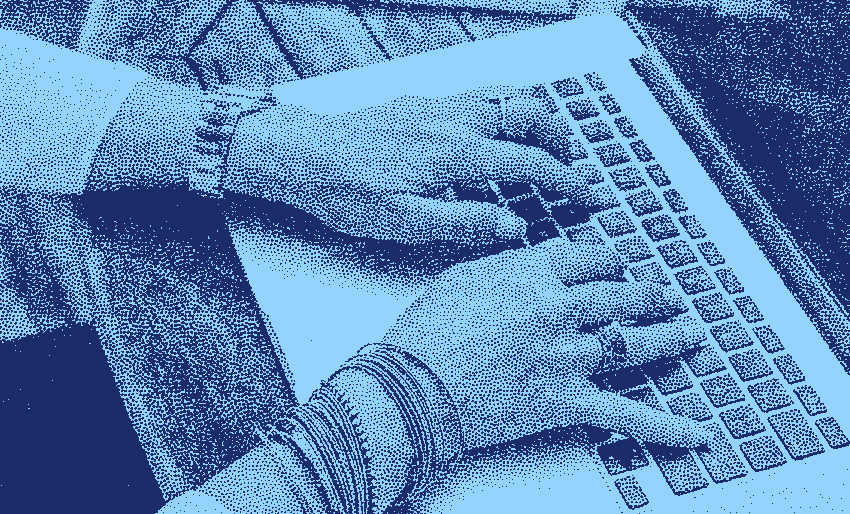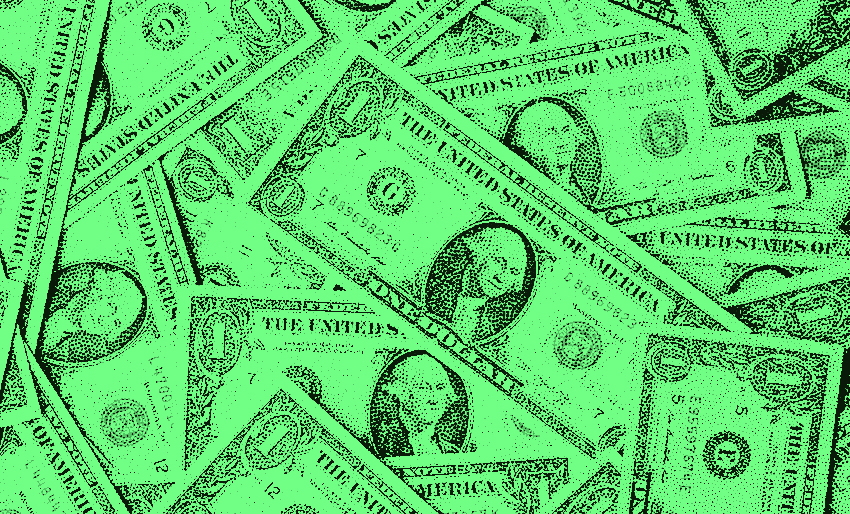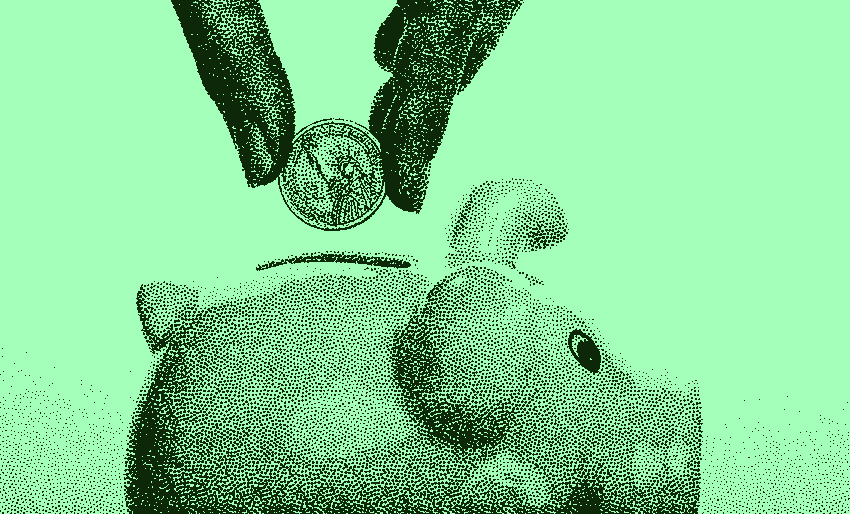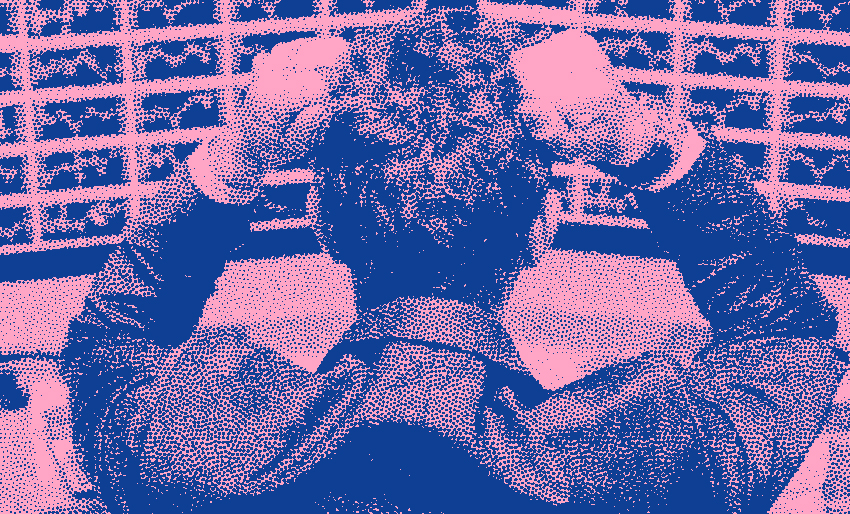What to Do If You’ve Been Laid Off
First off, take a deep breath, don’t panic, and remind yourself you’re not alone.
Over the past four weeks, 22 million people have filed for unemployment. That’s a truly staggering amount. And while knowing other people are in the same boat won’t help pay the bills, it’s an important reminder that you shouldn’t take it personally. We’re in the midst of a national emergency and things are pretty crappy right now. It sucks, but we will get through it eventually.
That said, wallowing in your sweats while binging on Netflix and ice cream is only PART of the solution. You do want to be at least a little proactive too. So here are a few things to consider if you’ve just been laid off.
Be sure to get what your employer owes you
You may be due severance pay, a final paycheck, or compensation for unused vacation or time off. So be sure you collect whatever they owe you.
Some benefits may even continue for a while after employment. But if they don’t, you’ll want to make sure you have health insurance, either through COBRA, which extends your existing benefits for a little while (but you’ll have to pay), through the government health care exchanges, or through private insurance.
You’ll also want to make sure you have all the info you need about your 401(k), pension, or other benefits you’ll retain. Check with someone from HR to make sure you know the ins and outs.
The government is extending unemployment insurance
The government has taken several big steps to address the economic fallout of the coronavirus/shutdowns. Specifically, as part of the recent $2 trillion economic recovery plan (CARES Act), unemployment benefits have been increased in a few key ways.
The changes include;
• Extending coverage for an additional 13 weeks of unemployment pay
• Increasing the weekly amount by $600
• Expanding who qualifies for benefits to include self-employed, independent contractors, part-time, and furloughed workers
These are pretty big changes, so take advantage.
Unemployment benefits are administered through your state, and this search website can help you connect with your state’s unemployment office.
On top of the increased unemployment benefits, the government is also giving out stimulus payments to individuals, depending on your income. It’s $1,200 for an individual earning up to $75,000 ($2,400 for a couple earning up to $150,000, with an additional $500 per child). The payments will decrease for people making more, maxing out at individuals earning $99,000 and couples earning $198,000. Checks and direct deposits have already started going out, so keep a look out if you should be getting one.
Some companies are actually hiring right now
Yup, it may sound crazy, but some businesses have announced they’re aggressively hiring during the pandemic – Amazon, Kroger, Alberston’s, Walmart, Target, CVS, Walgreens, Home Depot, Lowe’s, Domino’s, Pepsi, to name a few. Maybe not your ideal choice, but good to have some options if you’re in a pinch.
And a number of smaller companies are actively hiring too. So keep searching and reach out through your network. At the very least, it’s a good opportunity to reconnect with people and keep the mental juices flowing. Sites like Glassdoor and LinkedIn are a great place to start your search.
It’s okay to dip into your emergency fund
This is why you have an emergency fund in the first place. So if you need to dip into it, that’s alright. You’ll have time to build it back up later.
The CARES Act also allows you to dip into your 401(k) if you’ve been directly impacted by the coronavirus (either physically or financially). Although you probably want to exhaust other options first since this should ideally be for the long-term and your portfolio is probably down with the stock market drop. We did a post recently with some more info.
While you’re at it, you’ll want to review your spending and try to cut back any non-essentials. So consider reviewing a recent credit card statement and think about what you might be able to do without/reduce. We know, easier said than done. But remember, it’s not forever, and every little bit helps right now.
Work on your skills
Time off from work doesn’t mean you can’t keep working on personal development. Downtime offers a great opportunity to polish your existing skills or to learn something new from resources like Coursera or Udemy. These courses generally range from free to reasonably inexpensive, so you won’t have to break the bank.
And if you want to learn more about personal finance (and who doesn’t?!), we offer a free, personalized way to learn about your finances. So get to it! Or you can sign up for our newsletter below. Okay, shameless plug over.
Find a good distraction and have some fun!
Just because the world may or may not be ending doesn’t mean your days have to be all doom and gloom (right? maybe?). So carve out some time for fun! (yes, it’s allowed)
Focus on a hobby or start a new one, exercise, learn to cook something new, read a good book, maybe even daydream about that next trip you’ll take when things back to normal. Do whatever you need to do to keep your mental health intact.
And remember, things will get better eventually, even if it doesn’t seem like it now.



